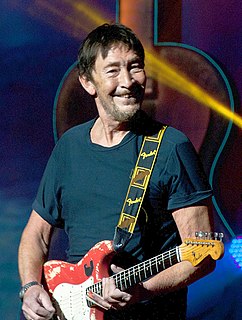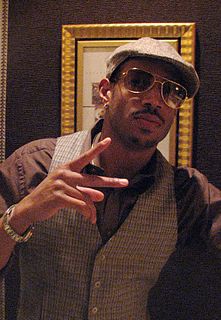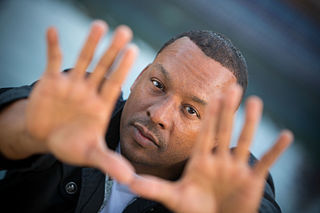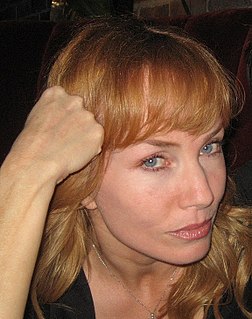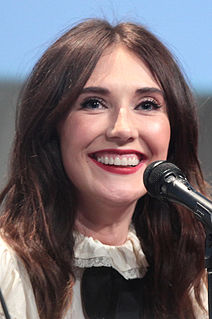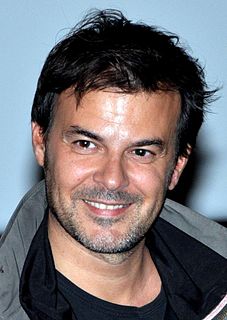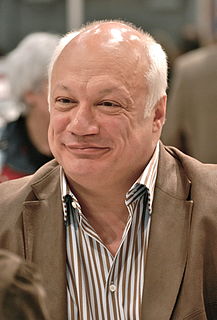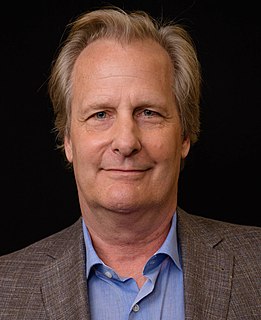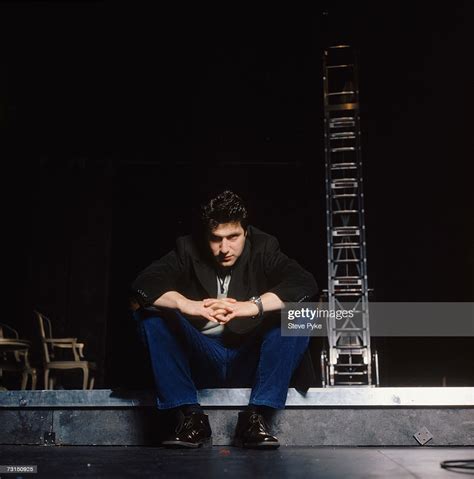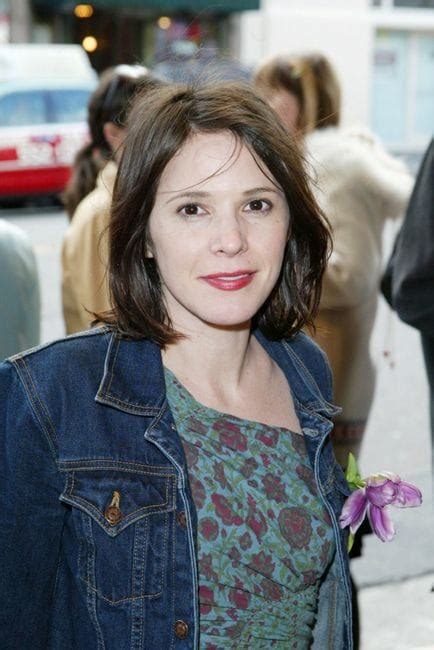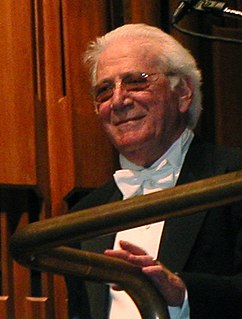A Quote by Chris Rea
When I was young, I wanted, most of all, to be a writer of films and film music. But Middlesbrough in 1968 wasn't the place to be if you wanted to do movie scores.
Related Quotes
My interest in music tends toward being orchestral music. And the repertoire of music that exists is, to me, far more emotive than what is standardly used in movie scores. That isn't always. I think there've been some excellent movie scores by excellent directors. But for the most part, watching a film, one of today's movies, I think that the emotional undertone of movie scores is pretty poor.
When I moved to Paris in the '70s, there wasn't very much going on in film in England. So when I started doing French films, there was a natural movement toward the kind of films I wanted to do. It wasn't the reason I came, but it so happened that I stepped into a time and place that actually corresponded to what I wanted. That sometimes happens in life. And it was rather beautiful.
I'm a film guy. I love it. When I read the screenplay, I knew that there would be no HD camera that could achieve the look that I wanted for this film. I wanted it to be dirty, and 16mm provides all of that with the look and the grain. That's what I worked for, and that's what I wanted, and that's how I'd seen the movie in my mind.
I didn't want to make Young and Beautiful as very dramatic movie . In a certain way, I wanted to do a girly film. I wanted to make something sweet, pink. With a boy it was too dramatic and too heavy. I had a lot of pleasure with the boys in In the House, I said, "This time I will do a film with girls."
I wanted to become a director before I wanted to become a writer. When I was 10, people would ask me what I wanted to be when I grew up, and I said, 'Walt Disney.' I wanted to make films. But I wasn't offered a camera. I was offered language. So I started telling stories in the theatre and then in my novels.
You read reviews by top reviewers of films that not only had remarkably interesting scores, but films whose effectiveness was absolutely enhanced, and frequently created by the music, yet the reviewers seem unaware that their emotions and their nervous reactions to the films have been affected by the scoring. This is a serious flaw. Any film reviewer owes it to himself, and the public, to take every element of the film into account.
